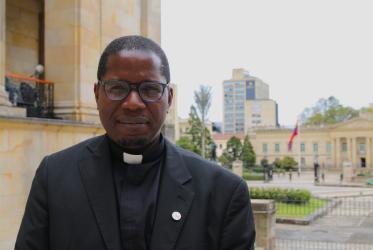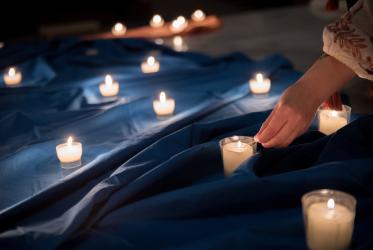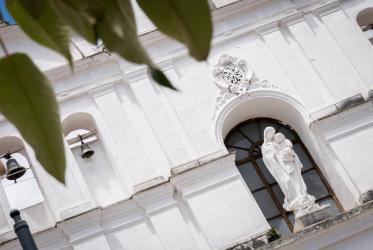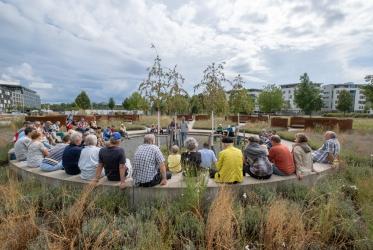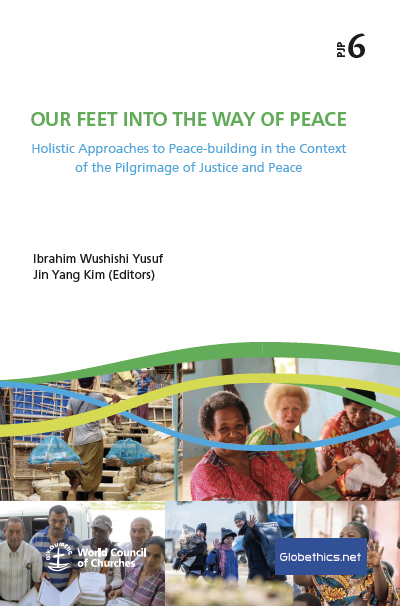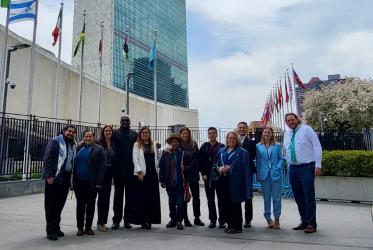Displaying 21 - 40 of 177
WCC underscores support for Colombia peace process
03 August 2023
Workshop explores how interreligious dialogue brings trust and respect
15 September 2022
Our Feet into the Way of Peace: PJP Series 6
Holistic Approaches to Peace-building in the Context of the Pilgrimage of Justice and Peace
19 August 2022
How racism and colonialism are exacerbating impacts of climate change
29 September 2021
